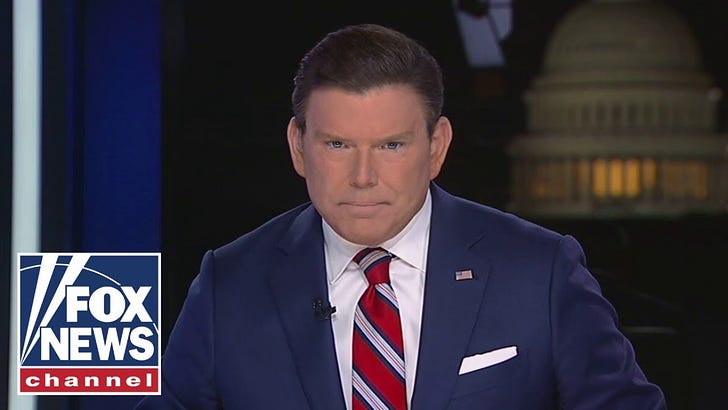Bret Baier on Covering Election Night
A conversation about the challenges and storylines of 2022
I hope you’re all subscribed to my Fox News podcast, which has been alternating between coverage of the elections, foreign policy, and more evergreen author interviews this year. We’re closing out the election season with a great series of guests, and I’m happy to have the opportunity to interview Bret Baier on the latest episode. He gives a ton of insi…
Keep reading with a 7-day free trial
Subscribe to The Transom to keep reading this post and get 7 days of free access to the full post archives.


